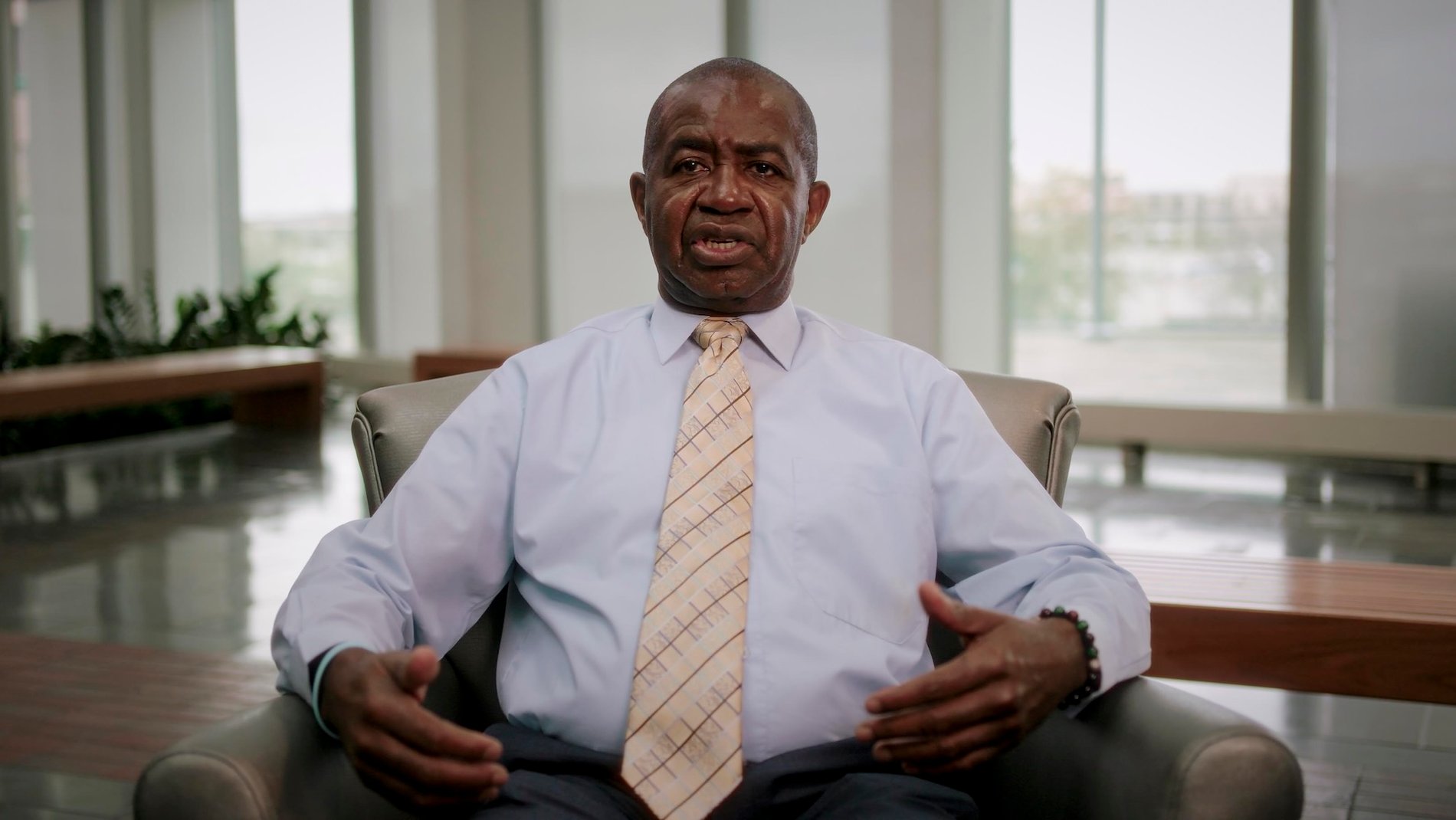
Barry C Gibney, DO
Physician in Charleston, SC

Specialties:Cardiothoracic Surgery, Cancer - Lung & Thoracic
Languages:English
Gender:Male
4.8/5.0
Rating 4.7
(155 Reviews)NPI #1093933467
Barry Gibney, DO
Dr. Barry Gibney is an assistant professor of surgery in the Division of Cardiothoracic Surgery at MUSC. He completed his general surgery training at Penn State Hershey, and his thoracic surgery training at Brigham and Women's Hospital/Harvard Medical School in Boston. Dr. Gibney takes care of patients with lung and esophageal cancer, mesothelioma, mediastinal and chest wall tumors, and benign esophageal diseases such as reflux, achalasia, and paraesophageal hernias. Additionally, he cares for end-stage lung disease in a multidisciplinary lung transplant team. He has special interests in esophageal cancer and minimally invasive thoracic surgery. His published research can be found on the National Institutes of Health PubMed website.
Board Certifications: Surgery, Thoracic and Cardiac Surgery
Clinical Areas of Interest
- Benign esophageal disease
- Esophageal cancer
- Lung cancer
- Lung transplant
- Mesothelioma
Education
- Residency at Boston - Brigham and Women's Hospital
- Residency at Hershey - Penn State Milton S. Hershey Medical Center
- Fellowship at Boston - Harvard Medical School
- Residency at Hershey - Penn State Milton S. Hershey Medical Center
- Internship at Hershey - Penn State Milton S. Hershey Medical Center
- Medical School at Davie, - Nova Southeastern University College of Osteopathic Medicine
Insurances Accepted
- Absolute Total Care (NEIC)
- Absolute Total Care Healthy Connections Prime Dual Medicare/Medicaid Plan
- Aetna (Exclusive Choice)
- Aetna (Managed Choice)
- Aetna (Open Choice)
- Aetna (Preferred Provider Organization)
- Aetna Medicare
- AllWell by Absolute Total Care
- Ambetter from Absolute Total Care (Marketplace)
- BCBS Blue Essentials (Marketplace)
- Blue Choice Blue Option (Marketplace)
- Blue Choice Medicaid
- Blue Cross Blue Shield Blue Choice HealthCare (Group Health Plan)
Insurance plans vary by individual. Please contact your insurance provider to check your coverage.
Insurance plans vary by individual. Please contact your insurance provider to check your coverage.
My Offices
Featured Podcasts
My Videos

In Our DNA SC
Curious about your genetic risks? Discover yours with MUSC’s In Our DNA SC and help improve health care for generations to come.